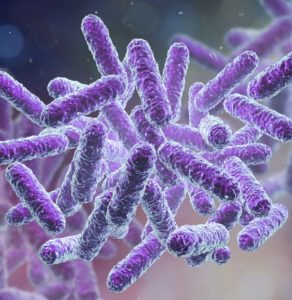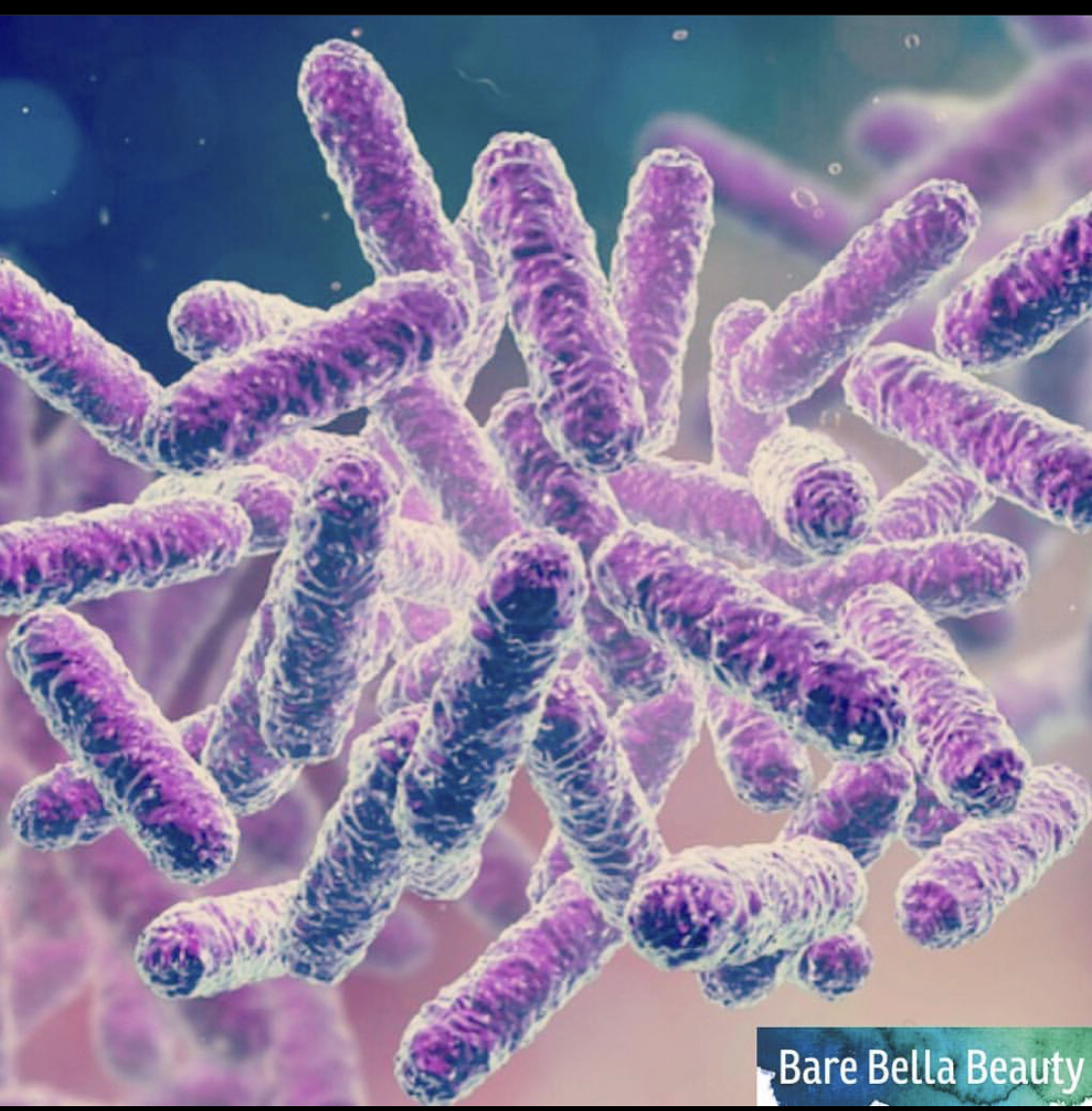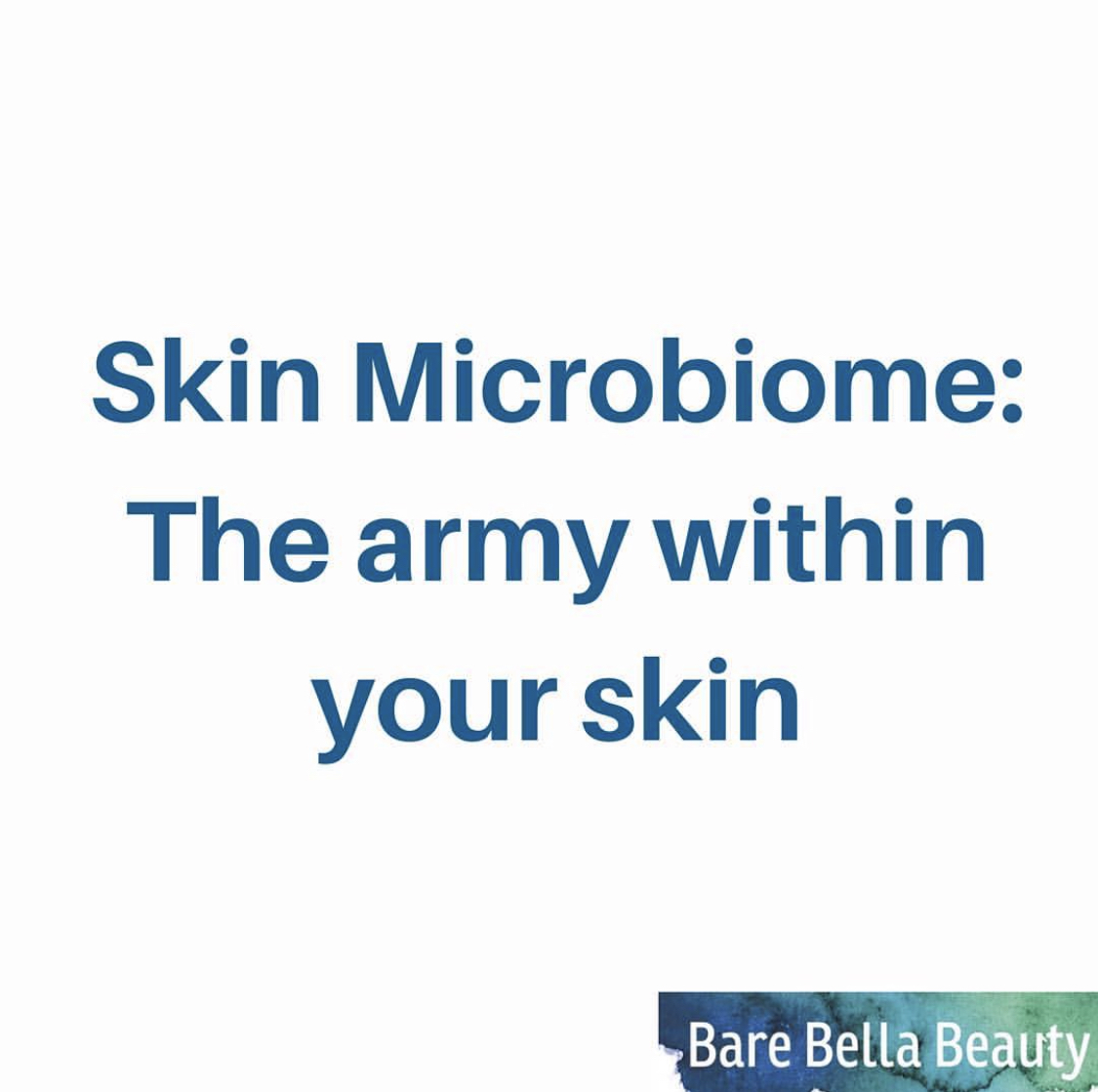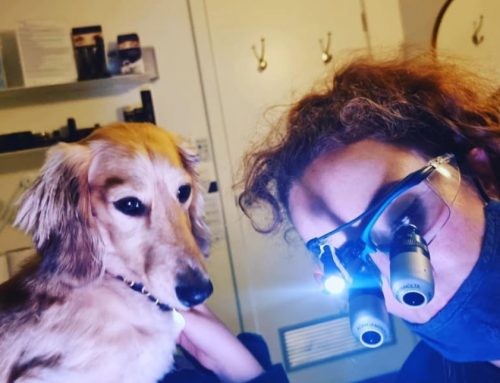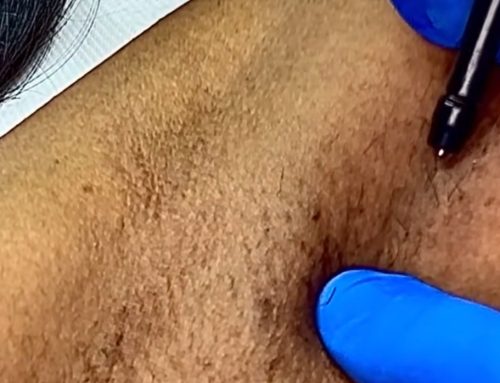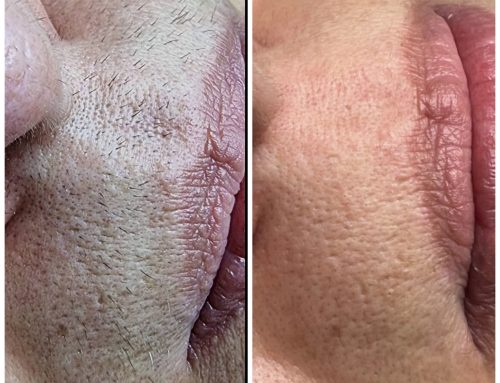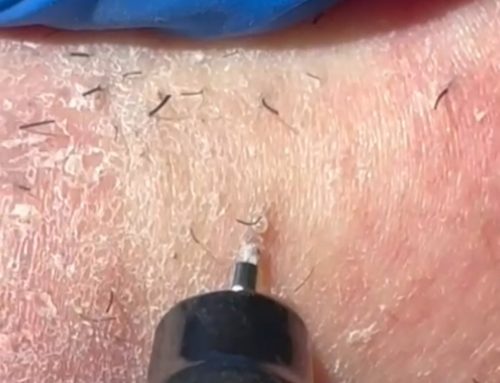Crazy story but beauty therapist have a health inspection every year, (p.s I LOVE talking to health inspectors, it’s awesome) but this health inspector told me there was a salon who were doing lash extensions and were layering the fakies on the customers forehead pre using them and the customers were often getting bad reactions due to the bacteria on their skin. Eyes are also very open to infection.
The Invisible Ecosystem (Or Army) Living Within Your Skin
Truth be told, the surface of your skin is playing host to trillions of ‘bugs’ for lack of a better word. In fact, there are over 1000 different types of bacteria and over 80 different types of fungal species on the skin at any time.
Some of these bugs are also housed in your gut biome, including staph, strep and candida species. There is also some bifidobacterium and lactobacillus species on certain areas of the skin but much less so than in the gut.
This flora was established not long after birth, in the womb you are sterile.
The exact mix changes depending on your age, environment, hormones, amount of hair present and the presence of sweat. The good news though, this collection of bacteria and fungi form the healthy flora or microbiome for your skin and work hard to crowd out the bad guys. These microscopic good guys contribute to your overall skin immunity to form an impenetrable labyrinth for harmful microorganisms.
For years we’ve talked about the importance of maintaining the skin’s barrier function to contribute to its immune function, upping the vitamin B in products to have a fortification. Now there’s another important contender in skin immunity that we’re learning more about – the microbiome.
To have flawless and beautiful skin, the microbiome must be balanced. As soon as this invisible ecosystem becomes imbalanced you will notice an increase in skin irritations or imperfections. An imbalanced microbiome is known as skin disbiosis and can contribute to a wide range of skin conditions including: dandruff and fungal infections and possibly has links to eczema, psoriasis, acne and rosacea.
How does this invisible army become imbalanced? continued from yesterday..
Everyday lifestyle choices can impact the microflora of the skin (as it does in your gut) and imbalances can occur. Things like:
* UV rays
* Pollution
* Harsh soaps
* Alkaline detergents
* Some make-up
For some of us, we can avoid some of the serious offenders (like harsh topical products) but it can be difficult to escape pollution and UV light. 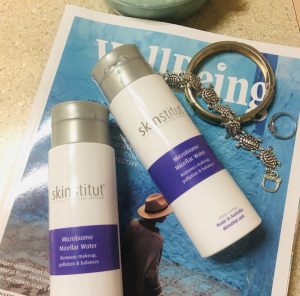
Is there anything you can do to protect your invisible army?
Fear not, you have the power to keep your skin’s natural microbiome in check. There are 3 important things you can do on a regular basis to achieve balance:
1. Don’t be afraid to sweat! Try working out regularly to work up a light sweat. Interestingly, sweat works like a prebiotic helping to promote a balanced skin barrier and microbiome. Remember to remove make-up before exercising too! Using a good mineral makeup like Inika mineral powder (not the liquid) is not too bad as it is only zinc and titanium dioxide (physical sunblocks) and mica and iron oxide (mineral).
2. Take control of your diet. Try to limit high sugar foods because sugar can feed bad bacteria in the gut (there is a strong link between the bacteria in your gut and on your skin, I see obvious parallels daily in the salon). Try increasing high fibre foods in your diet and foods that are natural prebiotics (eg. Garlic, onion, bananas etc).
3. Try incorporating topical prebiotics into your skincare regime to help promote balance.
Prebiotics – not to be confused with Probiotics
You’ve likely heard of probiotics (perhaps you’ve been recommended these after a course of antibiotics. Well prebiotics are completely different to probiotics (but they both operate with the same goal in mind – balancing the microflora). A prebiotic is the energy source that beneficial microbes living on our skin (or in our gut) need to survive on. What this means is that prebiotics help to create the ideal environment for our beneficial bacteria to thrive. Think of them as fertiliser for all the good guys.
You can find prebiotics in nature and within many foods we eat (eg. onions, garlic, bananas and Jerusalem artichokes).
#skintips 